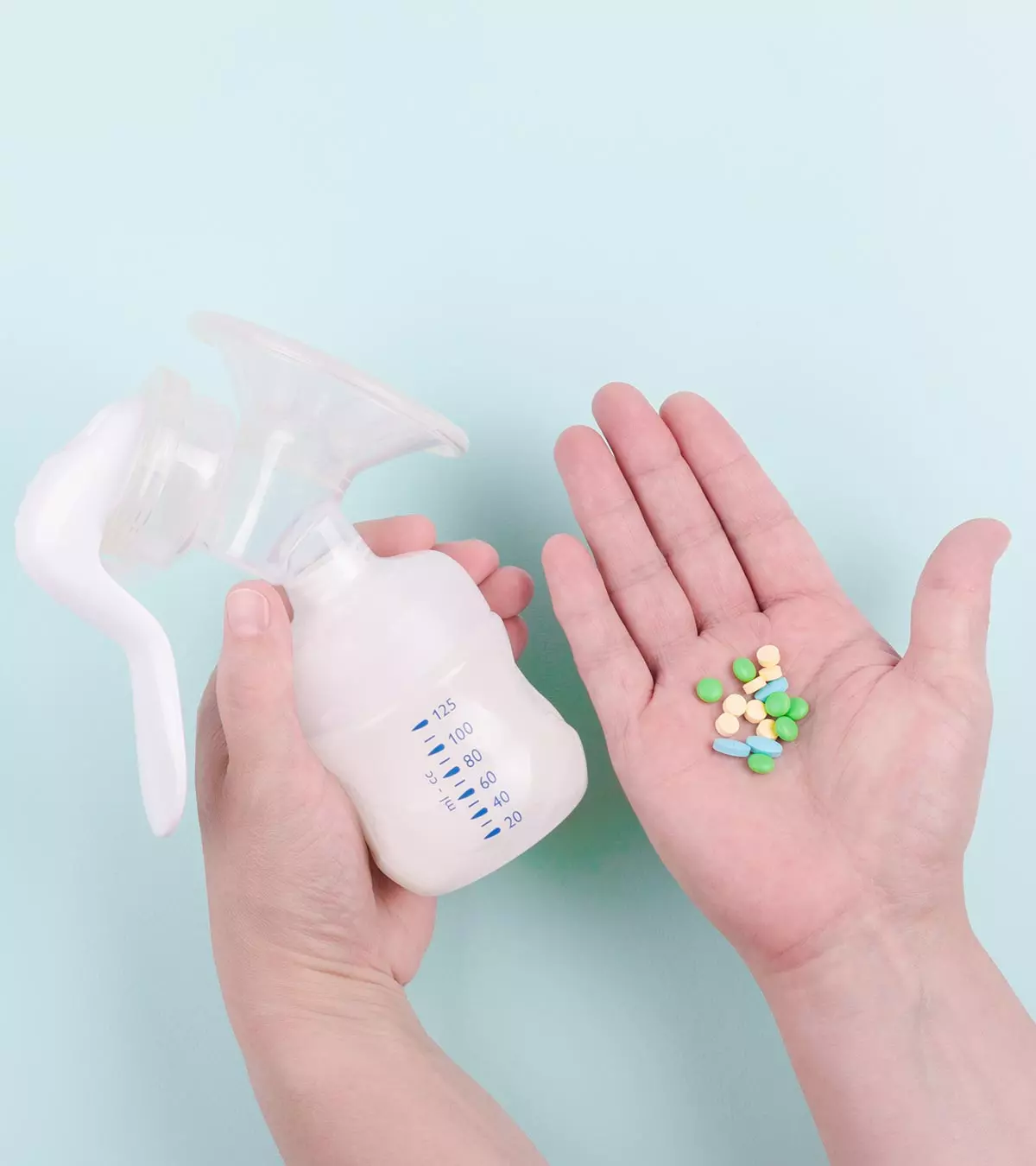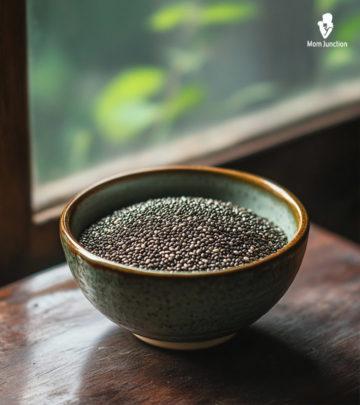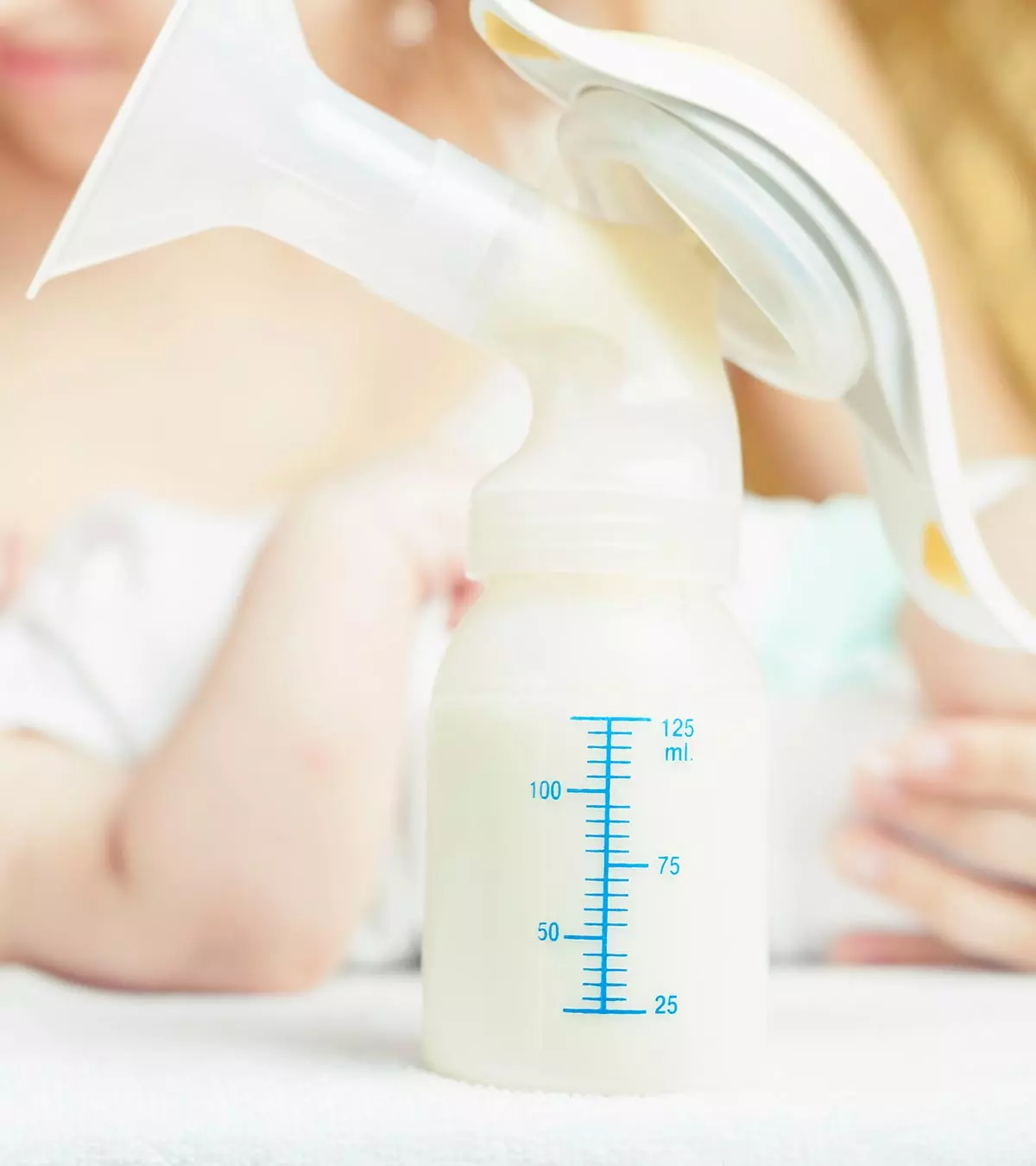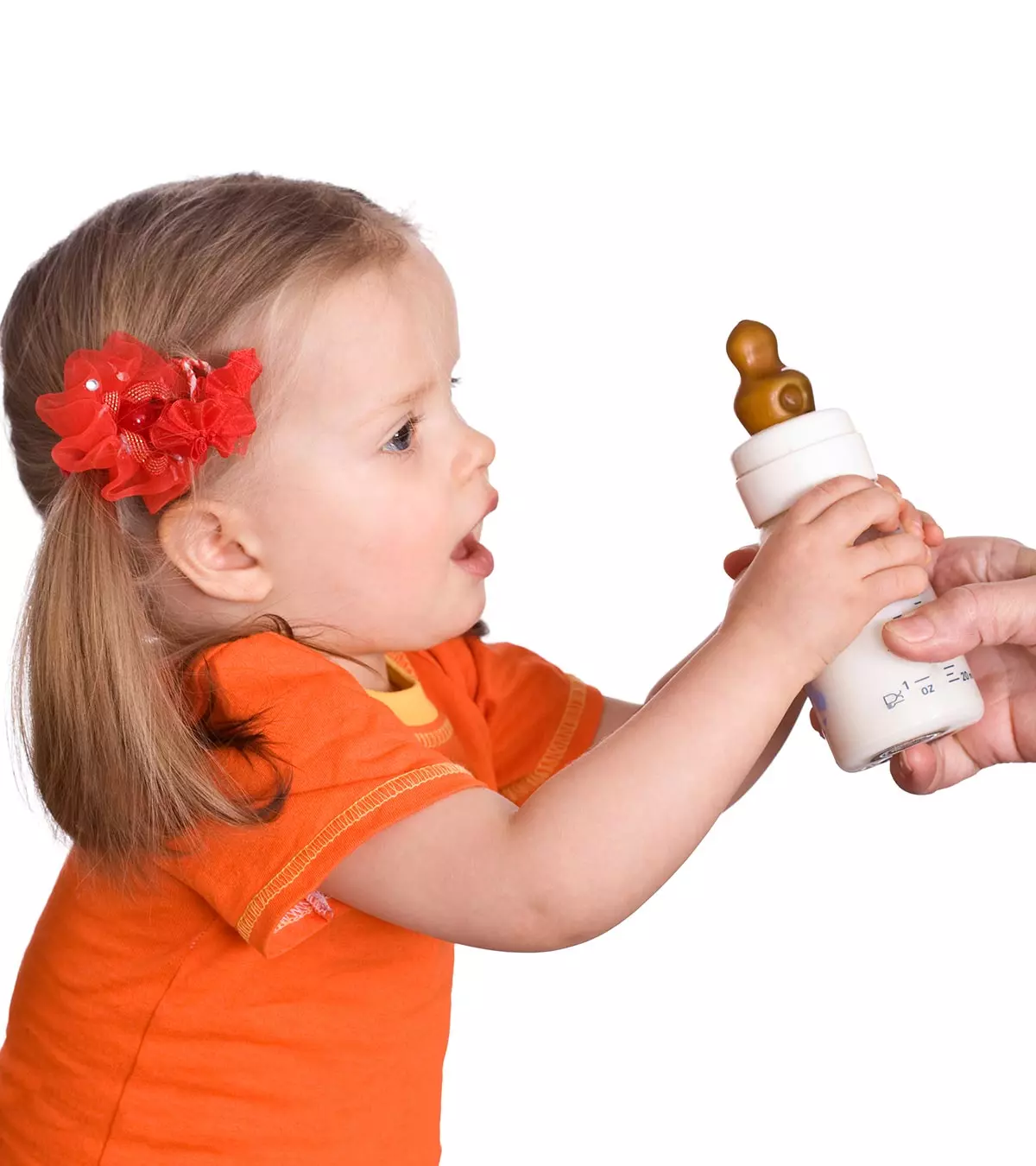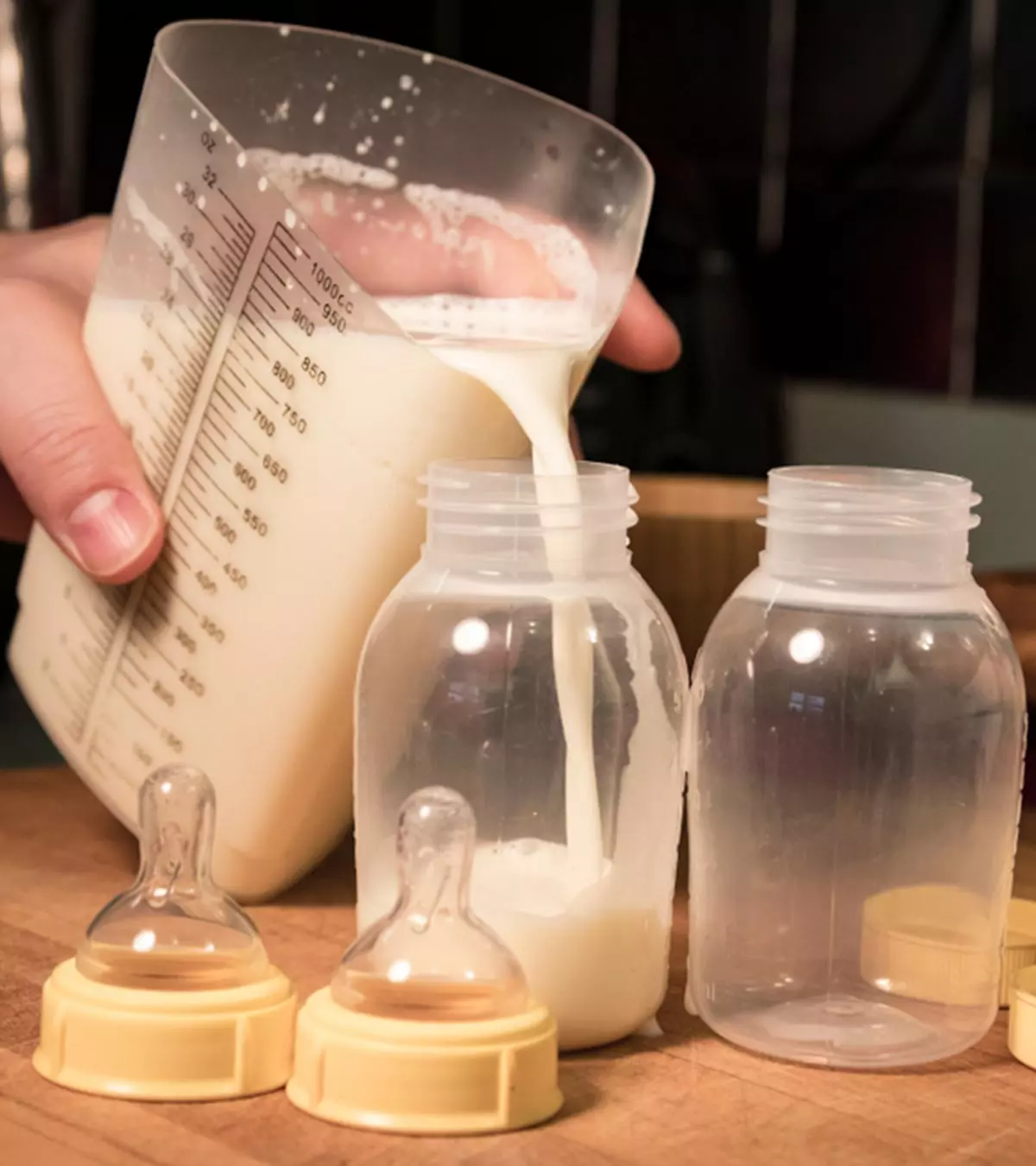IBCLC, CLC

Rebecca Koyf is an International Board Certified Lactation Consultant (IBCLC), Registered Lactation Consultant (RLC),Certified Lactation Counselor (CLC) and a LaLeche League volunteer. She has a Bachelor's degree in Accounting and worked as an Auditor for the NYC Comptroller’s Office for 8 years. Her own breastfeeding struggles made her change her career and pursue the field in lactation. She has her own practice in Brooklyn, New York - New York Lactation Care Inc.
Rebecca is trained in the Oral Habilitation of the Breastfeeding Dyad. She offers specialized care in supporting families whose babies have tethered oral tissues (tongue/lip tie). Her practical, evidence-based approach empowers parents to make informed decisions and achieve their breastfeeding goals. She offers home visits as well as virtual consultations.
MomJunction believes in providing the most accurate content to its readers. Hence we get our articles reviewed by highly skilled experts in the relevant fields. The articles are reviewed to ensure their authenticity, factual correctness, and relevance. The board members also add inputs drawn from their years of experience. Learn more about our expert panel.



